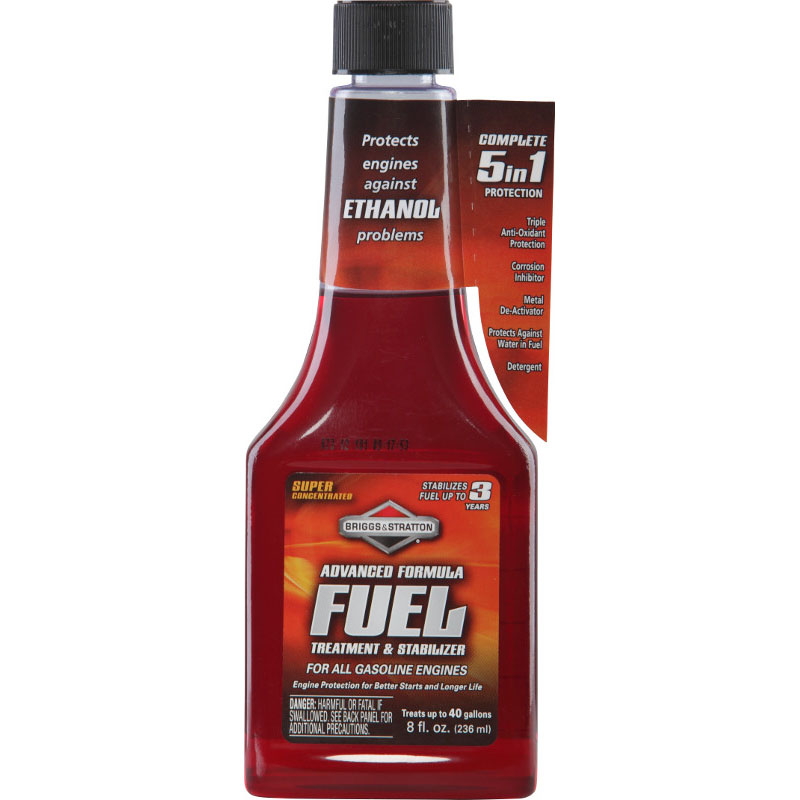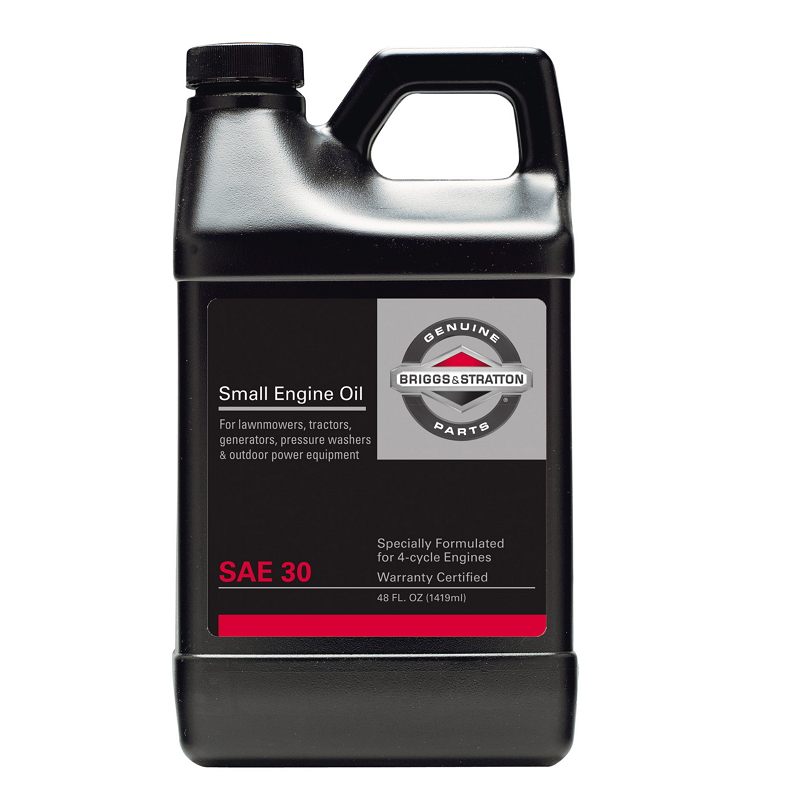Why Does My Engine Backfire or Afterfire?
Is the small engine on your lawn mower, snow blower or outdoor power equipment making loud noises? This FAQ from Briggs & Stratton will help you identify the problem and find solutions.
What are engine backfire and afterfire?
Backfire is a condition described as a loud bang, poof, explosion, etc., while the engine is running or while shutting down. Afterfire occurs after the engine has been shut off. Note: Backfire and afterfire through the carburetor will not harm the engine at all!
Backfire typically occurs when the engine is decelerated rapidly.
Common Causes of Backfire:
- Lowering engine speed too fast
- Gasoline, which contains higher blends of alcohol
- Carburetor adjustment set too lean
- Muffler construction can induce backfire
- Higher than normal engine temperatures
- Some carburetors can induce backfire due to the sensitivity of internal transitional passages
Note: This condition cannot be corrected
Possible Fixes for Backfiring:
- Lower engine speed slowly
- Follow small engine fuel recommendations and/or switch to brands with low or no alcohol
- Adjust carburetor for optimum performance
Afterfire occurs after the engine has been shut off.
Common Causes of Afterfire:
- Shutting off the engine at high RPM, causing fuel to pump through the engine for ignition
- If equipped with an anti-afterfire solenoid, shut engine off at full throttle
- Small engine muffler type and manufacture
- Carburetor adjustment may not be properly set for correct engine performance
- Anti-afterfire solenoid may not be working properly
Possible Fixes for Afterfire:
- Allow the engine to cool by idling the engine down with proper speed (15-30 seconds)
- Change to a different non-alcohol or alcohol brand fuel
- Ensure proper carburetor adjustment for optimal engine performance
- Contact the equipment manufacturer for updated designs in air control baffling, mufflers, etc.
- Check the anti-afterfire solenoid for proper operation
Note: If equipped with an anti-afterfire solenoid, shut engine off at full throttle
In any event, your best source of information would be to consult your local Briggs & Stratton service dealer.
Shop Related Maintenance Parts
HOW-TO ARTICLES
Learn how to properly and safely use, troubleshoot and maintain your Briggs & Stratton equipment.
VIDEOS
Learn about the latest products, step-by-step instructions on how to locate your engine model number and more.





